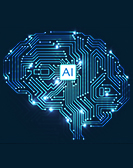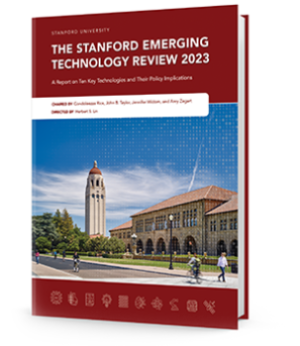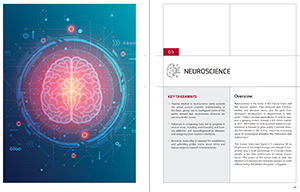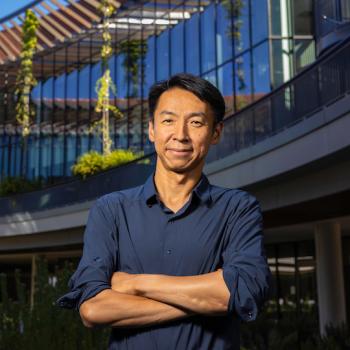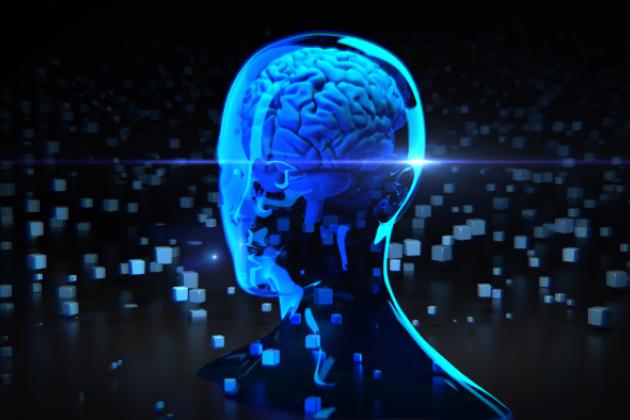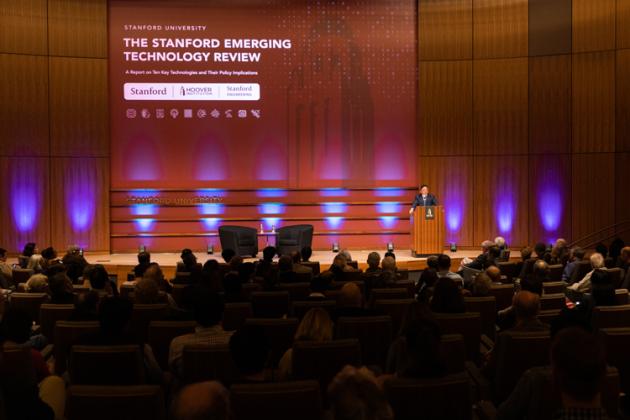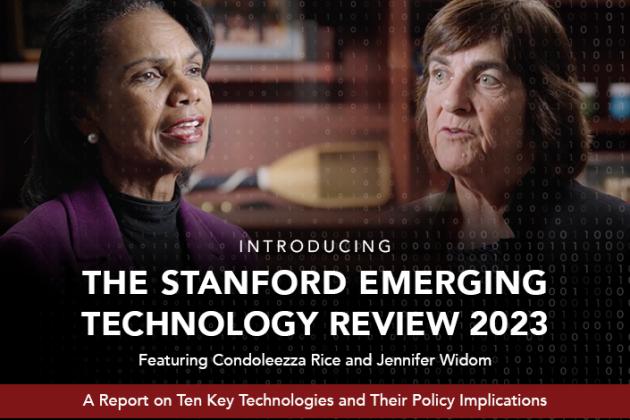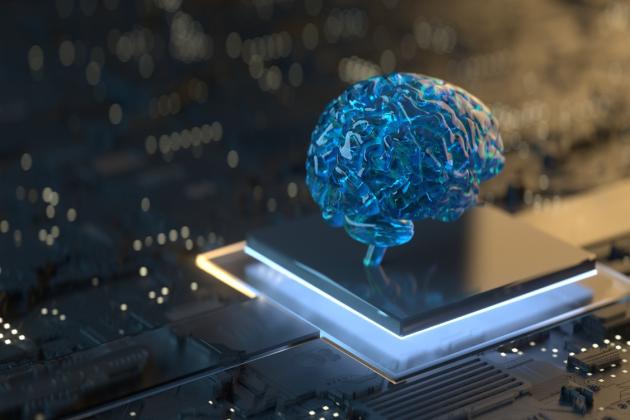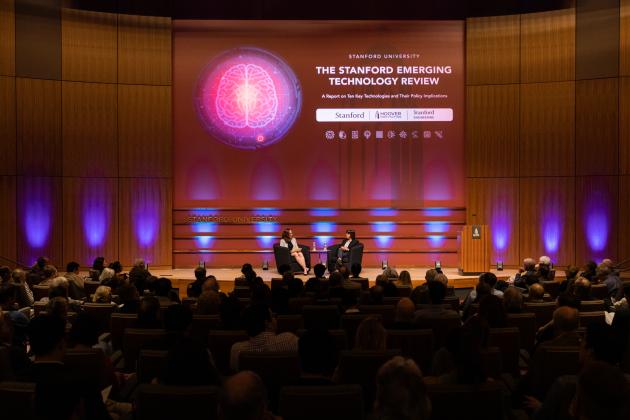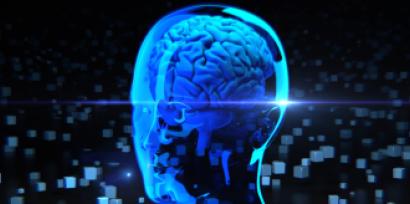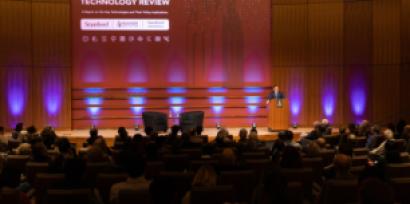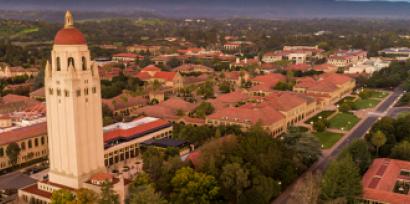Overview
NEUROENGINEERING
A brain-machine interface is a device that maps neural impulses from the brain to a computer and vice versa. There are many potential applications for this technology: sensory replacement or augmentation, replacement of severed limbs, direct mind-to-computer interfacing, or even computer assisted memory recall and cognition. For example, for people with incurable blindness, brain-machine interfaces could allow for video captured from a digital camera to be interpreted by the brain, allowing them to “see” again. However, despite headlines about mind-reading chip implants, there are still exceptionally few areas of the brain for which we have the necessary theoretical understanding of how neurocircuits work. We also have not solved technical problems related to safely implanting electrodes in the brain.
NEUROHEALTH
Neurodegeneration is a major challenge as humans continue to live longer. In the United States alone, the annual cost of Alzheimer’s treatment is projected to explode from $305 billion today to $1 trillion by 2050. While current treatments for Alzheimer’s are less effective than would be desired given decades of research, there is reason for cautious optimism in the coming years. Gene therapy drugs, which target genes that cause Alzheimer’s, have recently entered clinical trials. Powerful diagnostic tools like PET scans for early detection and advances in personalized medicine also leave clinicians hopeful.
NEURODISCOVERY
Understanding the science of the brain might also reveal the neural basis of addiction and chronic pain, which would be helpful in tackling the opioid epidemic. Identifying the neural basis of chronic pain will allow for new preventative therapies which would alleviate a significant driver of opioid use. Neuroscience is also identifying brain mechanisms involved in relapse. This is potentially useful in both finding effective treatments and identifying individuals who are more likely to relapse and are in greater need of these therapies.


